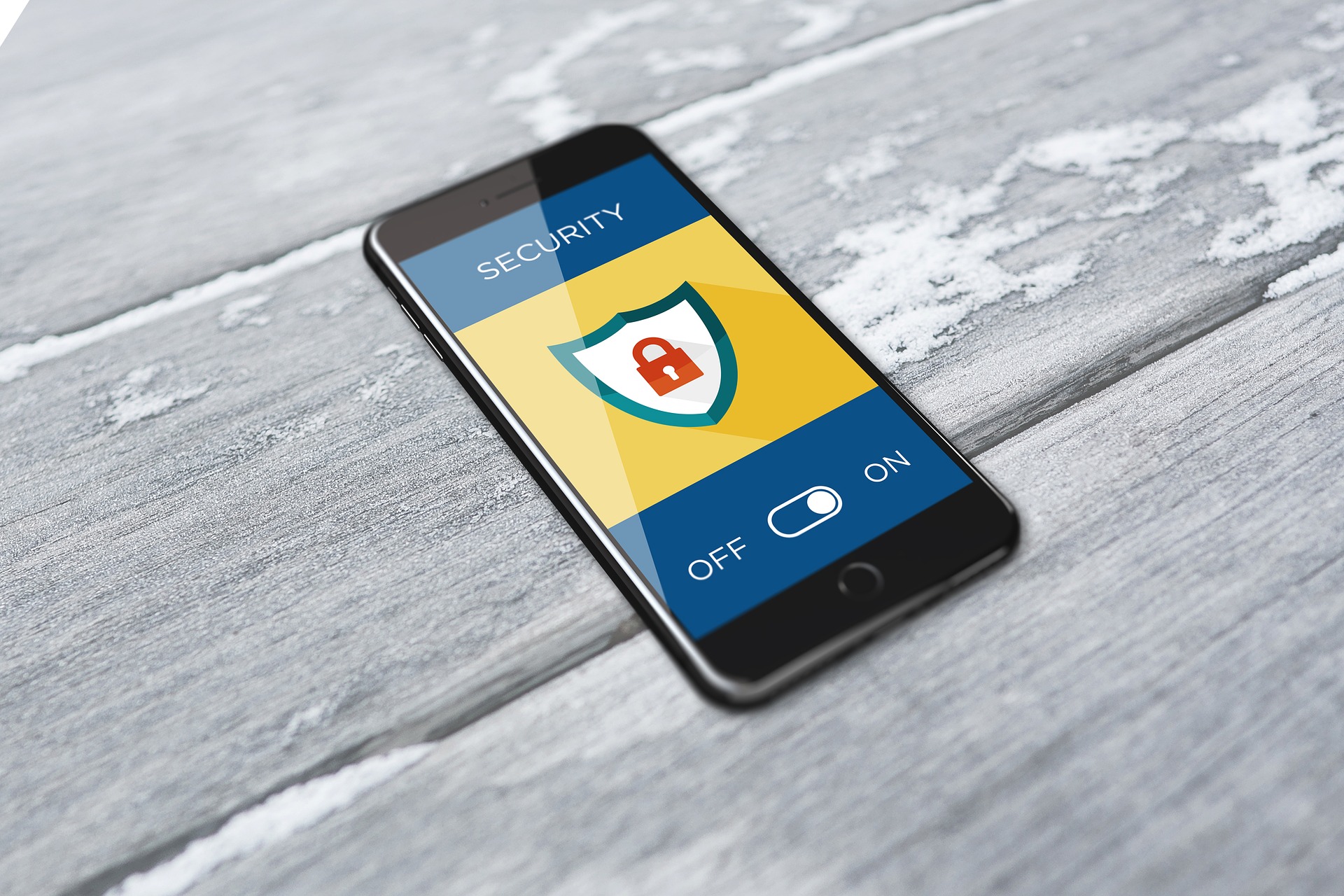Tips to Overcome BYOD Security Challenges in a Small Business
Bring your own device (BYOD) trend has become popular with many businesses in recent years. The winning point is that allowing personally-owned mobile devices to access business applications increases employee satisfaction and thus improving productivity. BYOD also meets the high demand for flexibility, which is achieved through the shift from company-owned devices to employees’ personally-owned mobile devices.
However, the BYOD trend has also introduced huge risks to data and data loss. As a business owner, therefore, you need to take a systematic approach that provides an effective way to ensure data protection of your company with such a trend. Let us look at practical tips that you can follow to overcome security challenges related to BYOD at your workplace.
Overcoming BYOD-related security challenges in a startup
Adopt sound BYOD policies
For starters, you should create a mobile policy that will function as a binding contract. All workers in your company should sign it before being allowed to bring their own mobile devices to use at the workplace. A sound mobile policy that you can adopt should address various critical issues. These include data ownership issues and protocols for lost or stolen devices.
For example, the policy restrictions should include rules regarding the download of proprietary data, limiting network access, and using device features such as cameras or recorders at the workplace. Besides, the policy should address issues of whitelisting and blacklisting applications and websites. As a result, the effective policy will be useful in maintaining a clear and evolving approach to mobile device use for your business. It will also be crucial in solving any problems that may arise from the data security breach.
Implement strong password security measures
Having a strong password is a simple and quite effective way to counteract a range of external threats to the security of mobile devices used at your workplace. For example, cybercriminals are known to have powerful automated tools such as password crackers that they use to access the passwords of mobile devices. These tools represent formidable threats to a BYOD approach in businesses. So, your workers can counter the risks through the use of robust passwords, which include letters and numbers. That way, you will have made a significant step towards ensuring the security of your mobile devices and data.
Educate your employees on mobile security
Educating your workers on issues is the most effective way to increase awareness of the security risks of using mobile devices. You should try to elevate the IT expertise for every user in your workplace through training programs. The training on security issues can involve frequent presentations covering attack scenarios and acceptable responses. It is an effective way of countering complacency and protecting mobile devices from cybercriminal attacks.
Tip:
You can try out attack drills targeted at mobile devices to ensure every employee is on board.
Incorporate a mobile device management software
Mobile device management (MDM) software allows your company to secure its data when your employee device is lost, stolen, or improperly passed to a new owner. This reduces the risk by providing remote data-wiping, enforcing encryption policies, and enabling your IT department to monitor mobile use.
It is, therefore, crucial to isolate both business applications and sensitive data, which makes the work of securing it easier. The MDM software offers the ability to wipe corporate-owned and managed data and set password requirements that only affect the applications. Consequently, this approach will help move the security focus away from the device itself, which is personally owned, to critical corporate data and applications residing on the device.
Enforce proper use of mobile devices
Using mobile devices to execute company duties should ideally be done in the workplace. This is because your workplace is secure as opposed to the use of a mobile device to work elsewhere. Using the devices outside secured workplaces could be a liability to your company.
Prohibit the use of jailbroken devices
It is common to find mobile users jailbreak their devices to access more software features. This is essentially bypassing the built-in security to install a custom operating system or other tools that might not be permitted by the manufacturer. Unfortunately, they also create security loopholes that might be used by attackers. It is therefore advisable that you deny permission of use of jailbroken devices for work-related roles in your business organization.
Final word
BYOD has become a growing trend in most workplaces. It is a nice way to create work flexibility and, thus, increase employee satisfaction while saving your business on costs. However, it comes with its fair share of security challenges that you should be aware of to avoid costly breaches.
- Elevating Security Paradigms in Marketing: A Holistic Expedition - November 22, 2023
- Why CMMS Is Becoming A Critical Component In The Manufacturing Industry - August 7, 2023
- How Safety Standards for Autonomous Vehicles will Help Reduce Serious Car Accidents - July 29, 2023




